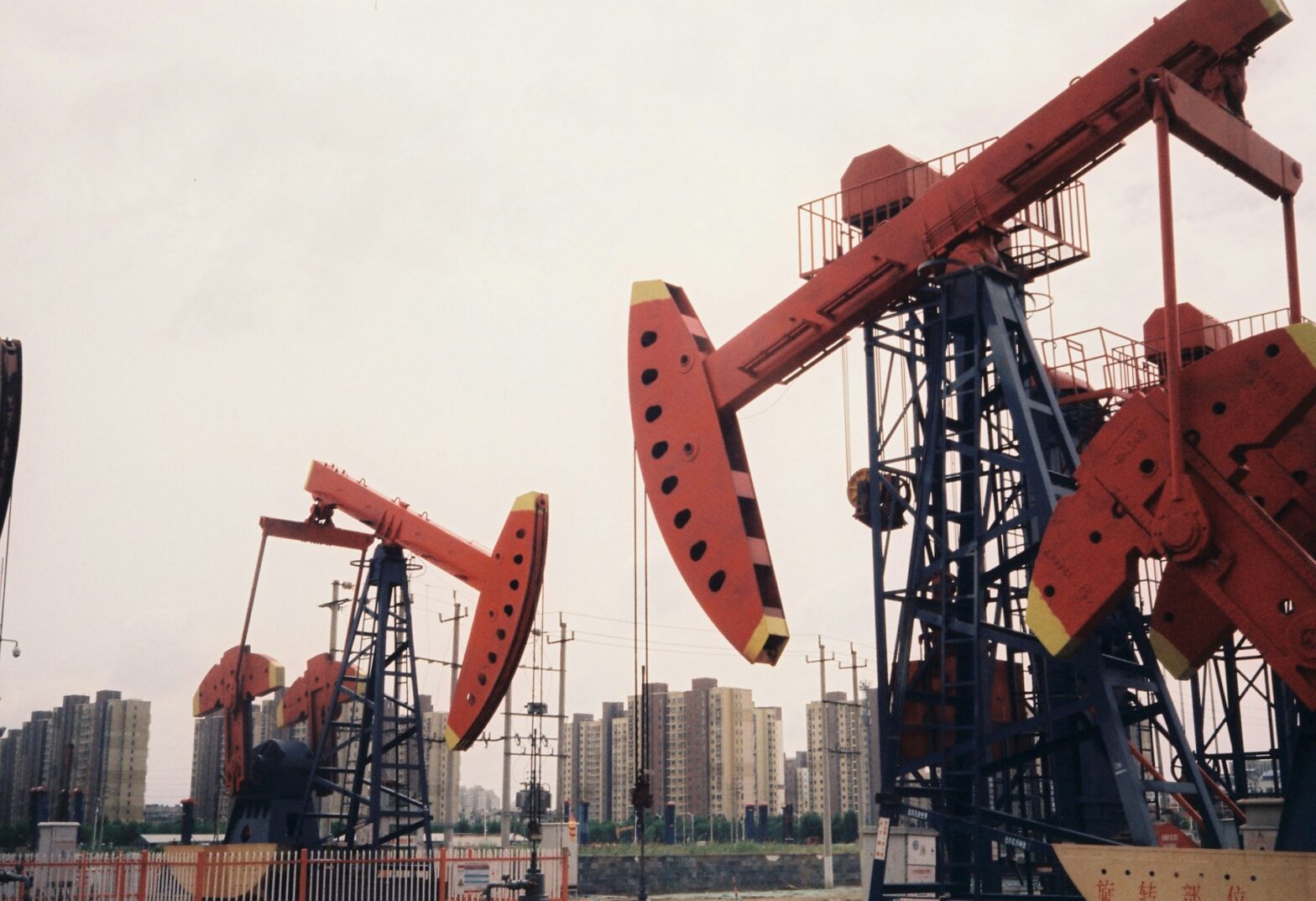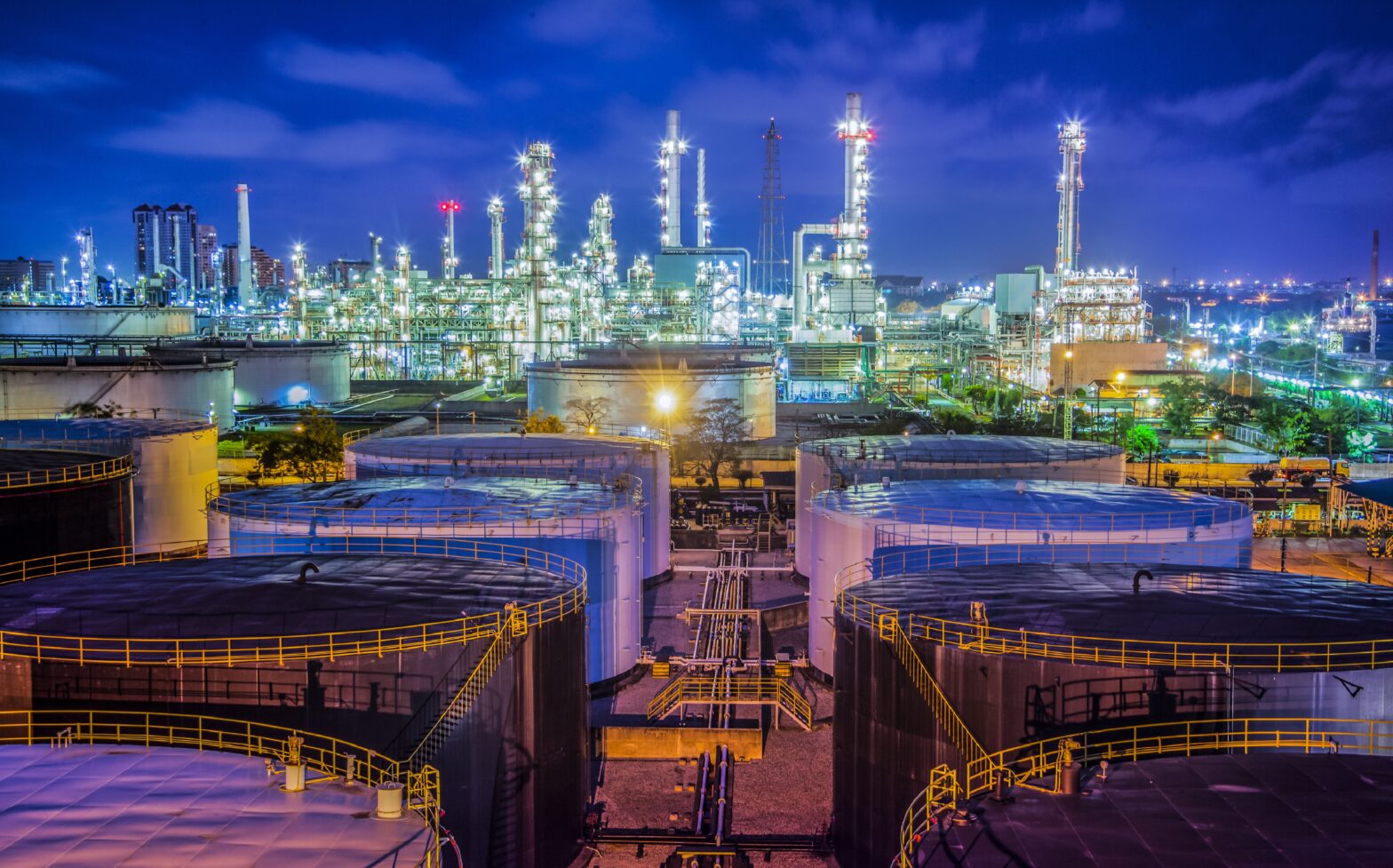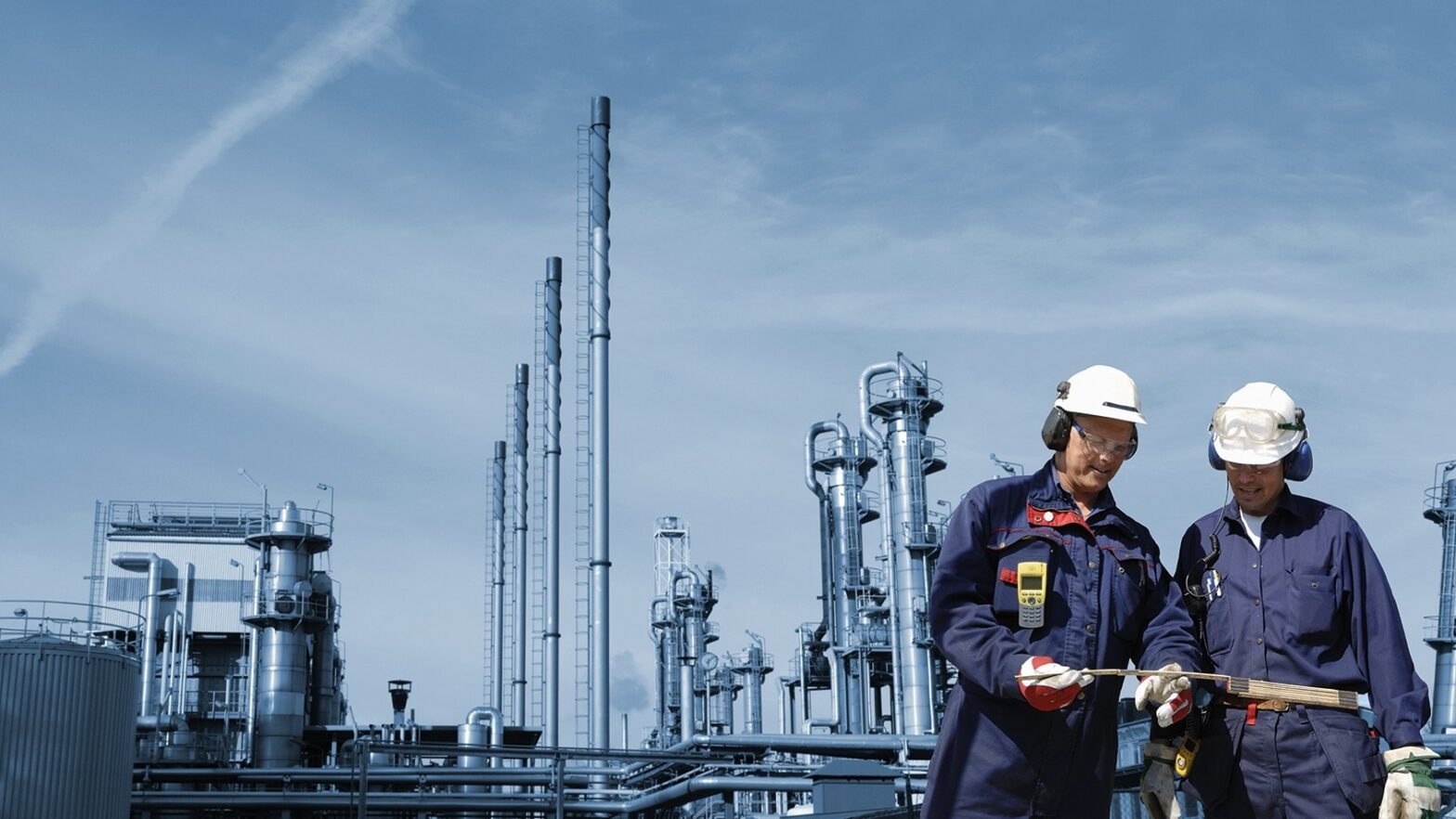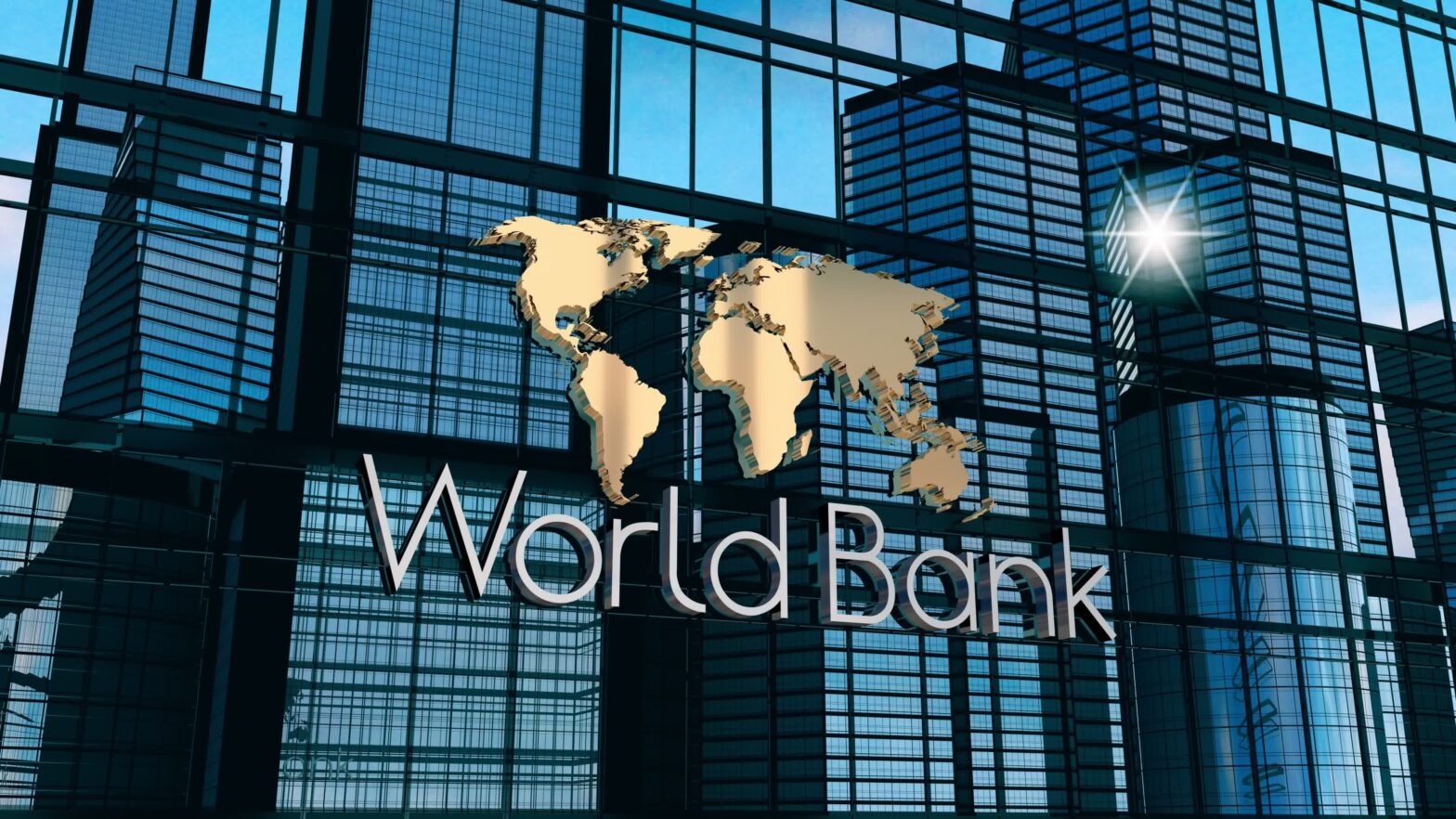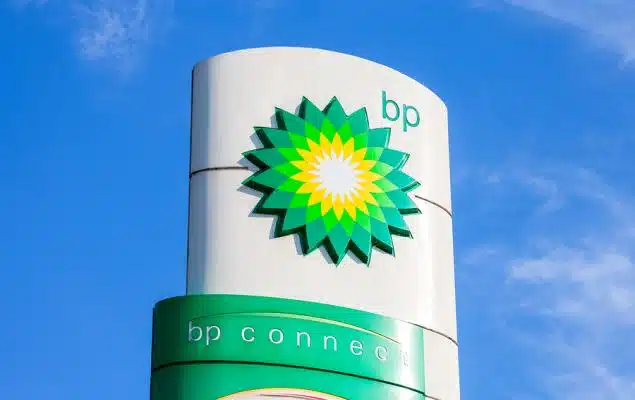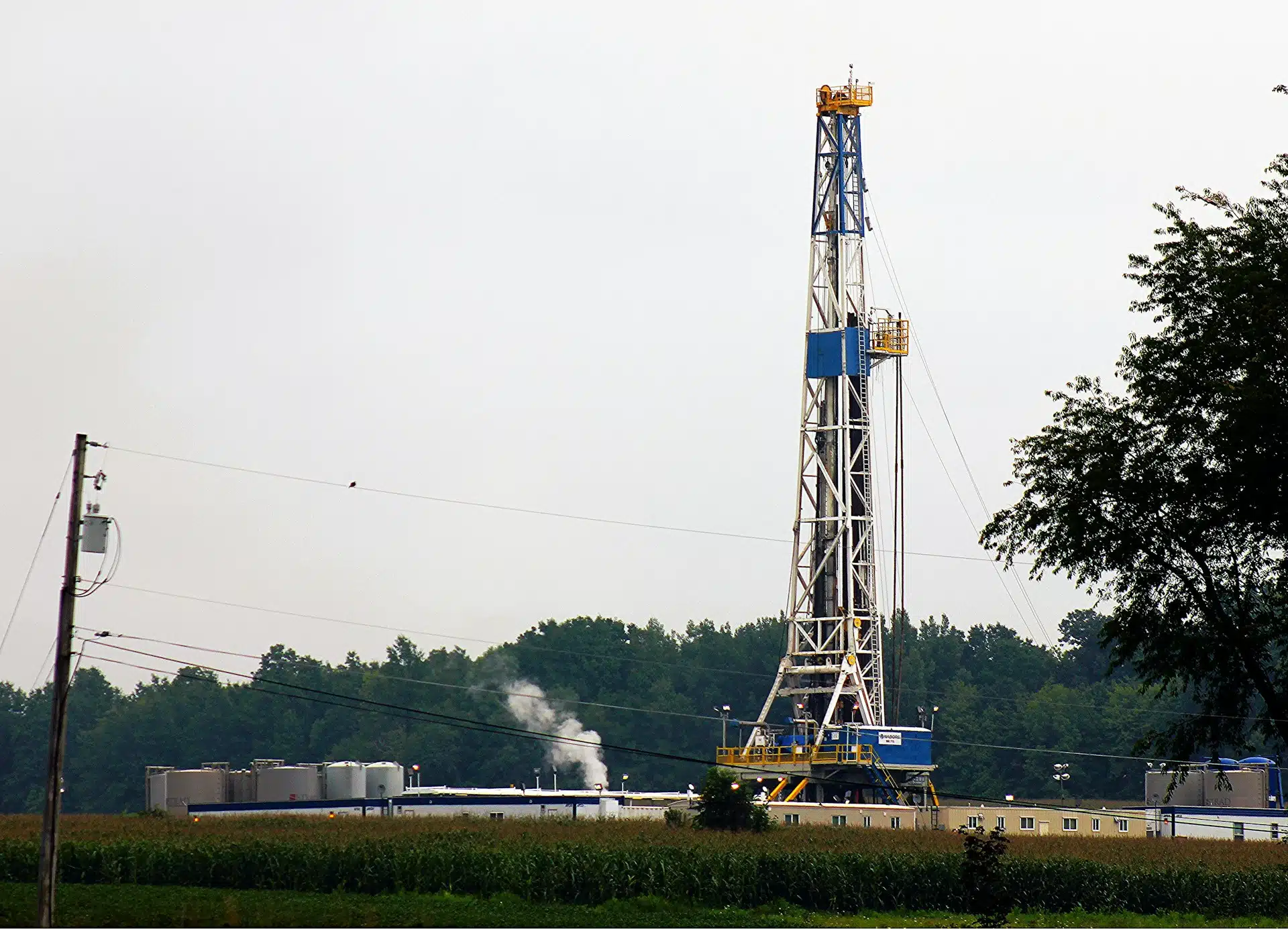Nigeria’s oil export fortunes from 2020 to 2025 tell a story of seismic shifts—not just in its economy but also in the fragile architecture of its resource-dependent state.
In Q2 2020, as the world shut down amidst a historic demand collapse, Nigeria’s crude export earnings tumbled to N1.55 trillion from N2.94 trillion in Q1.
By contrast, Q1 2024 recorded a staggering N15.49 trillion—a tenfold leap in under four years.
This whirlwind trajectory offers more than fiscal theatre; it underscores a country grappling with the paradox of abundant oil revenue and persistent structural vulnerability.
Such extremes prompt critical questions. Are recent gains the product of stronger production capacity or a byproduct of the naira’s depreciation and elevated global oil prices?
Can Nigeria sustain this income surge even as the world accelerates toward energy transition?
And perhaps most importantly: how much of this windfall is being captured by the state, and how much is dissipating through leakages, corruption, and rentier dynamics?
This pattern reflects a convergence of global shocks: the pandemic crash, Russia‑Ukraine supply disruptions, OPEC+ production discipline, and—most recently—the sharp devaluation of the naira following the unification of the foreign exchange market.
The effect has been a dramatic conversion boost to earnings measured in local currency.
Yet beyond the noise of revenue figures lies a more complex picture. Nigeria’s crude production—averaging around 1.5 million barrels per day as of May 2025—continues to lag below OPEC quotas and remains far beneath the 2.5 million bpd peak recorded in 2005.
Chronic issues persist: oil theft surged to 108,000 bpd in 2022, while gas flaring—largely unchecked—remains one of Africa’s worst.
Public sentiment, too, tells a different story. Despite record export inflows—exceeding 50% of fiscal revenues in several quarters—perceptions of development have not improved.
The Niger Delta remains environmentally degraded; basic infrastructure is crumbling; and service delivery is consistently inadequate.
In Q1 2025, while non-crude exports surged thanks to Dangote’s refinery and a shift in domestic refining capacity, the average Nigerian continues to feel the pinch of inflation, insecurity, and institutional fatigue.
At the heart of it all is a singular concern: is Nigeria’s oil boom built on real productivity, or is it merely a mirage projected by currency mechanics and volatile global markets?
Pandemic collapse and tentative recovery (2020–2021)
In early 2020, global lockdowns sent oil prices tumbling. Nigeria, highly exposed to these shocks, saw its crude export earnings plummet to N1.55 trillion in Q2—the lowest quarterly return recorded in recent history.
A fragile rebound followed: Q3 earnings reached N2.42 trillion and Q4 reached N2.52 trillion.
Still, the economy ended the year in recession, and oil’s volatility cast a long shadow over the 2021 budget.
2021 brought a measure of optimism.
As vaccination campaigns gathered momentum and major economies reopened, oil demand revived.
By Q2, Nigeria’s crude earnings doubled from Q1 to reach N4.07 trillion. Yet that momentum didn’t hold. Q3 and Q4 saw earnings stagnate around N4 trillion, with minimal improvement in production volumes.
The constraints were explicit: oil theft remained rampant, pipeline infrastructure was outdated, and OPEC+ quotas capped potential increases.
Mohammed Bello, a macroeconomist, warns that the apparent recovery obscured more profound weaknesses.
“The rebound in revenue was driven less by efficiency or capacity, and more by a rebound in global prices and naira weakness,” he said.
“Q4 2021’s numbers look solid, but Nigeria was still exporting less oil, not more. There is a troubling complacency in viewing these figures as sustained growth.”
He notes that rising revenues embolden government borrowing and political spending but do little to change the economy’s fundamentals.
“Without structural reform—securing pipelines, improving refinery capacity, and diversifying exports—these recoveries are short-lived. We see a classic case of a fragile economy riding a strong tide, without a paddle.”
Even as civil society groups pressed for transparency in 2021 and discussions about subsidy rationalisation entered policy circles, implementation lagged.
Nigeria’s crude-dependent model limped on, quietly vulnerable to the next global shock.
Geopolitics, exchange rates and lost opportunity (2022–2023)
The year 2022 delivered a dramatic twist.
As Russia invaded Ukraine, global crude prices surged beyond $100 per barrel.
For a country like Nigeria, such conditions ought to have delivered record windfalls. And in many respects, they did: Q1 earnings rose to N5.62 trillion; Q2 climbed further to N5.91 trillion.
But then the cracks widened.
Despite elevated prices, Q3 earnings dropped to N4.66 trillion and Q4 to N4.91 trillion.
The reason was not external—it was internal. Nigeria’s production slumped due to oil theft, pipeline sabotage, and underinvestment.
According to government data, Nigeria lost as much as 108,000 barrels per day in stolen crude during the year, equivalent to over N1 trillion in missed earnings for 2022 alone.
The dissonance between global conditions and Nigeria’s gains reinforced a long-standing narrative: oil wealth alone cannot deliver prosperity without strong institutions.
As Hope Emeka, petroleum governance specialist, puts it: “The real tragedy is not price volatility—it’s governance inertia. Even when prices soar, the benefits rarely translate into visible improvements for the public.”
He adds: “Leaders continue to invest windfalls in recurrent spending—salaries, subsidies, debt service—without linking oil money to critical infrastructure. Nigeria needs a new framework: oil revenues should visibly power electricity grids, modernise schools, or expand refineries. Without that linkage, the boom just fuels cynicism.”
In 2023, President Bola Tinubu’s transition team began pushing a structural reform agenda, with energy sector priorities at its core.
But with elections approaching and subsidy removal still politically sensitive, reforms again took a back seat.
Inflationary boom and the Naira mirage (2023–2024)
If 2022 was a missed opportunity, 2024 brought an economic illusion.
Crude export earnings skyrocketed to N15.49 trillion in Q1, three times the Q1 2023 figure of N5.15 trillion. Subsequent quarters stayed elevated: N12.61 trillion (Q2), N13.41 trillion (Q3), N13.78 trillion (Q4).
Combined, Nigeria’s oil exports alone brought in over N55 trillion in 2024, surpassing federal budgets from previous years.
Yet most of this “growth” came from the currency conversion effect. In mid-2023, the Central Bank unified the foreign exchange windows, triggering a free fall in the naira from N750/$ to over N1,600/$.
Because crude is sold in dollars, this devaluation dramatically inflated local earnings. But in real terms, Nigeria’s revenue did not improve when measured in hard currency. It merely looked bigger.
This illusion was dangerous. The fiscal space suddenly appeared large enough to retire public debt, expand infrastructure, and bankroll federal programmes.
But inflation soared. The prices of food, fuel, and basic goods jumped sharply, eroding any perceived gains in living standards. Public trust further deteriorated.
Yet one development stood out: the Dangote Refinery, commissioned in May 2023, began to export refined products. In Q1 2025, non-crude exports rose to N4.48 trillion—a 134% increase year-on-year. This signalled a new chapter: the beginning of local refining at scale.
Still, this shift came with challenges, as the Nigerian Upstream Petroleum Regulatory Commission (NUPRC) began mandating domestic crude off-take, creating tensions between producers and regulators.
Bello emphasised the risk of mistaking short-term currency-driven prosperity for long-term growth. “A currency‑driven boom tempts reckless spending,” He warned.
“Suddenly, everything looks affordable—until the currency stabilises or oil prices dip. Then, we return to deficits. Without structural reforms, every windfall becomes a trap.”
2025: Warning lights and budget risks
By Q1 2025, the boom was beginning to lose steam.
Crude export earnings dropped to N12.96 trillion—a 16% decline from the same period in 2024 and a 6% fall from Q4 2024.
Brent prices dipped into the USD 60s amid slower growth in China and weaker U.S. demand. Nigeria’s production also fell slightly to 1.495 million daily barrels in January 2025.
Renewing unrest in the Niger Delta compounded this.
Oil theft and pipeline sabotage persisted despite federal military interventions.
The government’s optimism in projecting that 56% of its 2025 budget would be funded from oil earnings—based on an oil benchmark of USD 75 per barrel—is already under threat. Fiscal recalibrations may become necessary.
Emeka’s earlier warning now reads like a prophecy. “Without accountability frameworks—like earmarked spending or project-linked revenue guarantees—oil wealth becomes a gateway for corruption rather than development,” he said.
“The 2025–2026 period is crucial. If we see another wave of windfall spending without reforms, this will have been a mirage, not momentum.”
Conclusion
Nigeria’s oil export earnings from 2020 to 2025 trace a volatile arc—from pandemic-induced collapse, to war-driven spikes, to naira-fuelled inflationary booms.
But the actual test lies not in earnings, but in usage.
If Nigeria continues to rely on devaluation and commodity cycles to project fiscal strength, its development will remain hostage to external forces.
However, if policymakers can enforce discipline, expand refining, protect pipelines, and diversify the economy, this volatile chapter could become a foundation for more inclusive and sustainable growth.
The following year will be decisive.
Will Nigeria anchor its budget on oil, or finally build beyond it?
The answer will shape not just the fiscal outlook, but the fate of millions who have yet to see oil wealth translate into improved lives.




